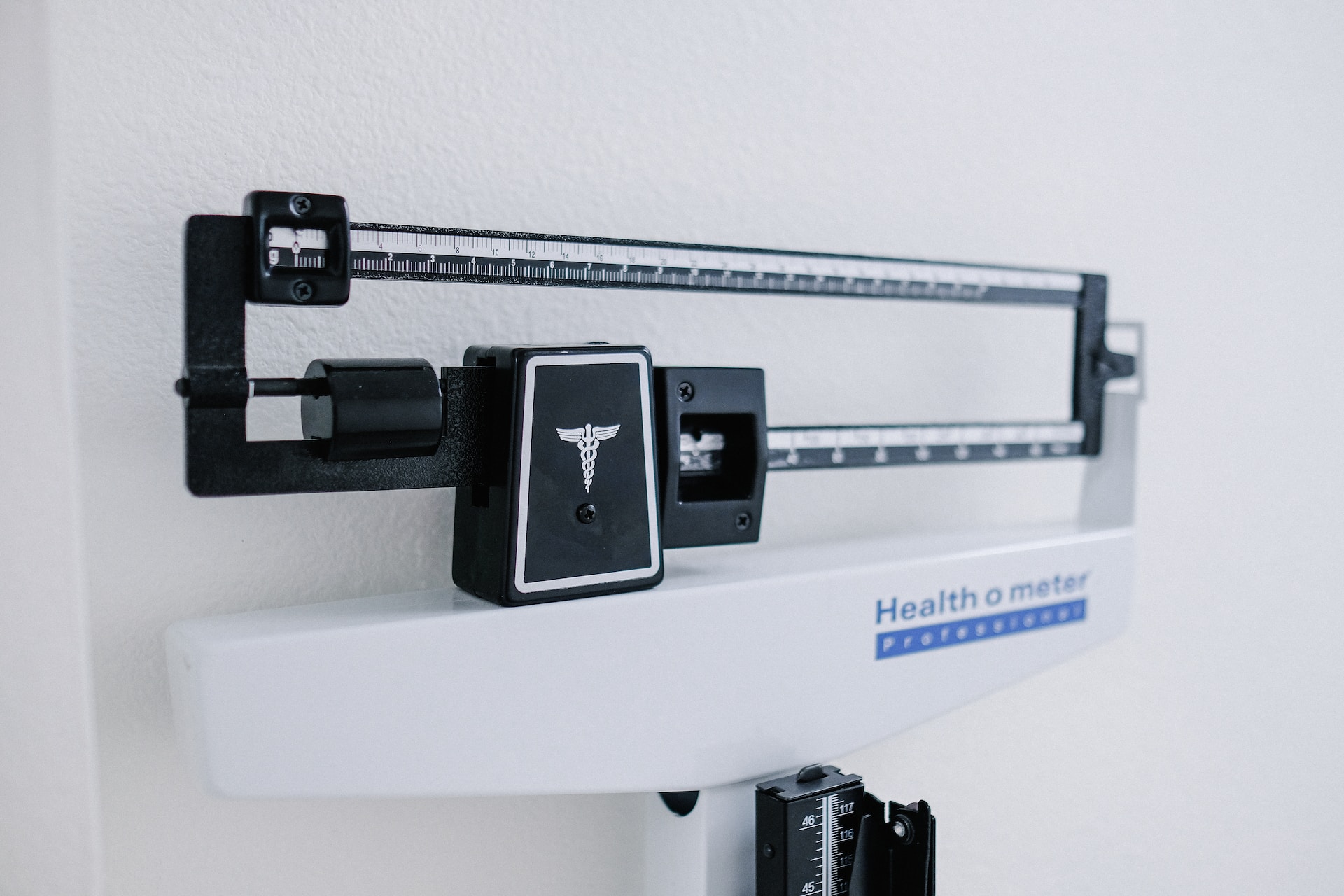We’ve all been there – struggling to shed those extra pounds and trying every diet under the sun. It’s not easy, and sometimes it can feel like we’re fighting a losing battle.
But what if we told you that science had found ways to make this challenge a little easier? That’s right, medical weight loss treatments are becoming more popular and accessible, giving us another tool in our fight against unwanted weight.
The world of medical weight loss treatments might seem daunting initially, but don’t worry – we’re here to help you navigate it.
In this article, we’ll explore the options available, from prescription medications to surgical procedures like bariatric surgery done by West Medical.
So read on, and let us guide you through the exciting world of shedding pounds with science!
Prescription Medications For Weight Management
When it comes to managing weight, medication can be an effective tool for those who struggle to shed pounds through diet and tough exercise alone.
Medication effectiveness varies among individuals, but prescription medications have proven to be beneficial in aiding weight loss efforts. The key is finding the right medication that works well with one’s body chemistry and complements their overall weight management plan.
As there are multiple medications available for weight management, prescription suitability depends on factors such as history, current health status, and potential drug and other interactions.
It is essential to consult with a proper healthcare provider who can evaluate these factors and recommend the most appropriate medication based on individual needs. Some commonly prescribed medications include orlistat, liraglutide, phentermine-topiramate, and naltrexone-bupropion.
These drugs work by suppressing appetite, increasing feelings of fullness, or blocking fat absorption.
It is essential to remember that prescription medications for weight management are not a magic bullet; they should be used together with a healthy diet and regular physical activity.
A comprehensive approach to weight loss ensures long-term success and helps maintain a healthy lifestyle. While medications can provide an extra boost in shedding pounds initially, the consistent commitment to healthy habits will ultimately pave the way for sustainable weight loss results.
Non-Surgical Procedures And Devices
Having discussed the role of prescription medications in weight management, it’s essential to delve into another aspect of medical weight loss treatments: non-surgical procedures and devices. These innovative methods have gained popularity as they generally pose fewer risks than invasive surgeries and are more appealing to those who seek alternatives to medication.
A notable approach within this category is endoscopic techniques. Endoscopic techniques involve the use of a flexible tube with a small camera attached at one end, allowing doctors to visualize the gastrointestinal tract without making incisions.
One such procedure that utilizes this method is gastric balloon placement – an inflatable device is inserted into the stomach through the mouth to occupy space, resulting in reduced hunger and portion sizes. Another technique involves endoscopic suturing or stapling, which restricts the stomach size or alters its shape, thus limiting food intake and promoting weight loss. Appetite suppressants can also be combined with these procedures to enhance their effectiveness by further curbing cravings.
The advantages of non-surgical procedures and devices are numerous. They offer a less invasive alternative to bariatric surgery while still providing significant weight loss results for patients. Moreover, they often result in shorter recovery periods, allowing individuals to return to their daily routines faster than after undergoing surgical intervention.
These options cater to various patient needs and preferences, making them an essential component of comprehensive weight management plans tailored to each individual’s unique situation.
Surgical Interventions For Obesity
Continuing our examination of medical weight loss treatments, we now turn our attention to surgical interventions for obesity. These procedures have gained significant popularity in recent years, particularly due to their effectiveness and numerous surgical success stories.
Common surgical options include gastric bypass, sleeve gastrectomy, adjustable gastric banding, and complicated biliopancreatic diversion with a duodenal switch.
When considering surgical interventions for obesity, it is essential to understand that they are not a quick fix or an easy way out. The post-operation lifestyle plays a vital role in determining the long-term success of the surgery. Patients must commit to making permanent dietary changes and incorporating regular exercise into their daily routines. Following the guidelines healthcare professionals provide regarding nutrition and activity levels after surgery is crucial.
While surgical interventions for obesity can lead to substantial weight loss and improvements in overall health, they should only be considered when other methods have proven unsuccessful. Patients should work closely with their healthcare providers to determine if surgery is the appropriate course of action based on individual needs and circumstances.
Overall, these procedures can serve as a powerful tool in battling obesity when used in conjunction with lifestyle changes and ongoing support from healthcare professionals.
Evaluating Risks And Benefits Of Treatment Options
Risk evaluation involves assessing various treatment methods’ potential side effects, complications, and overall safety. On the other hand, treatment benefits refer to understanding the efficacy, long-term outcomes, and potential improvements in one’s quality of life after undergoing a specific weight loss procedure. Both factors are crucial in determining the best course of action for each individual, as they help patients make informed decisions about their health and well-being.
One way to evaluate risks and benefits is by consulting with healthcare professionals who specialize in weight management. They can provide insight into the pros and cons of different treatment options, such as medication, bariatric surgery, or lifestyle interventions. Medical experts may also suggest additional tests or screenings to further assess a patient’s suitability for certain procedures.
It is important for patients to openly discuss their concerns, preferences, and expectations with their healthcare providers in order to find a tailored solution that suits their unique needs.
Assessing personal experiences and testimonials from others who have undergone similar treatments can also help evaluate risks and benefits. Online forums or support groups can serve as platforms where individuals share their journey toward achieving weight loss goals through various medical interventions. By considering multiple perspectives, patients can better understand what to expect from each treatment option. This will ultimately assist them in making well-informed choices that prioritize their overall health while considering any potential challenges they might face during the process.









